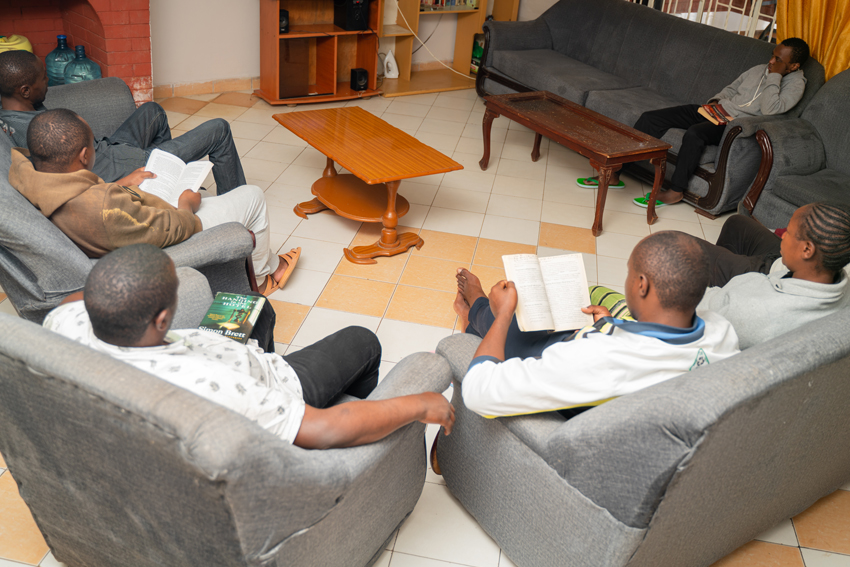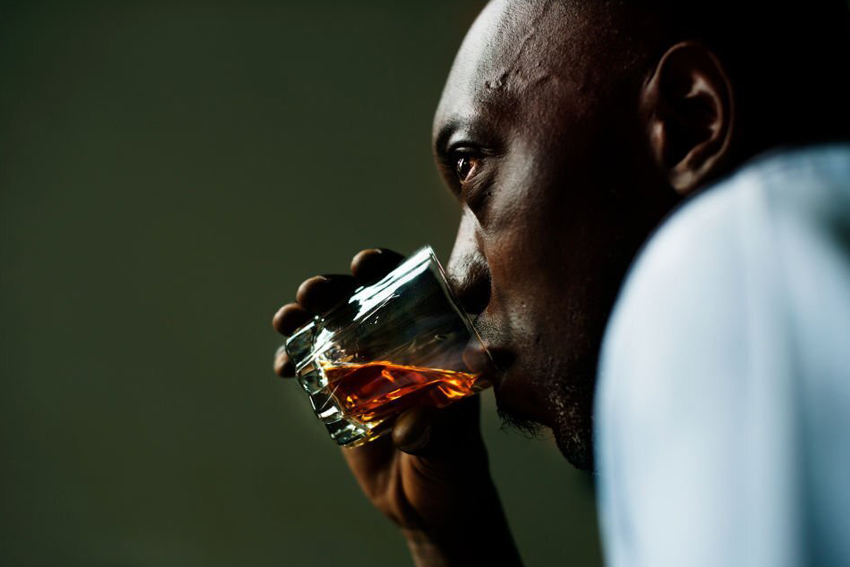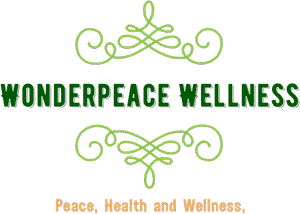Family Support
Wonder Peace offer a unique and healing Family Recovery Program to its client’s family members and partners. Often during an addict’s rehabilitation process, the family can be neglected. We believe that a full and permanent recovery from addiction starts at home; healing the family from the years of suffering they have endured at the hands of their loved one’s illness.
We are passionate about treating our patients as a whole individual; this means addressing any issues that may challenge their recovery once they leave our facility. By providing a Family Recovery Program, we can assist the individual and their family in the process of rebuilding healthier relationships and moving away from destructive and unhelpful behaviours on both sides.


Family Therapy
Why Is Addiction a “Family Disease”?
When you are part of a family, every decision one person makes influences the other members in direct and indirect ways.1 When one family member struggles with addiction, the condition can negatively affect all members of the family system by putting them in a state of heightened stress and anxiety.
Feelings of guilt, responsibility, confusion, anger, sadness, and more can trouble the entire family and lead to increased conflict, isolation, and dysfunction.
Everyone Suffers
From the closest relative to the most distant, everyone suffers some level of distress when addiction grips the family. Possible effects of family addiction include:
- Mental health problems worsened by persistent stress, such as:
- Anger and resentment.
- Anxiety.
- Hopelessness and depression.
- Risky sexual behavior and promiscuity.
- Shame.
- Isolation.
- Physical health issues resulting from an intense focus on the person using substances rather than your own needs.
- Financial issues stemming from supporting a loved one’s habit, having been stolen from, paying legal fees, and having financial resources needed for housing, utilities, and nutrition being spent on drugs and/or alcohol.

Substance abuse places children in the family at increased risk of ill effects and suffering like:
- Depression.
- Anxiety.
- Low self-esteem.
- Impaired relationships in the future.
- Higher rates of divorce.
- Increased likelihood of abusing substances themselves.
- Violence.
- Diminished capacity for learning.
Unhealthy Patterns Form
As family members attempt to control the addictive behaviors and cope with the condition, many new patterns form. If your family member is struggling with addiction, you may begin to form some unhealthy patterns, including:
- Negativity in communication. With many complaints and criticism, your communication can be harsh and encourage conflict in relationships.
- Inconsistent rule-setting. You might have problems with boundary- and limit-setting, and exhibit poor follow-through when lines are crossed.
- Misguided expectations. Your beliefs about and expectations of your loved one and their condition may be off-base and cause you to be perpetually disappointed.
- Misdirected anger. Feelings about your loved one’s addiction may be inappropriately expressed towards others.
- Self-medication. You, yourself, may eventually use substances to manage the stress that is growing from the family member’s addiction.
- You may attempt to cope or keep the peace by ignoring all warning signs and acting as if nothing is wrong.


